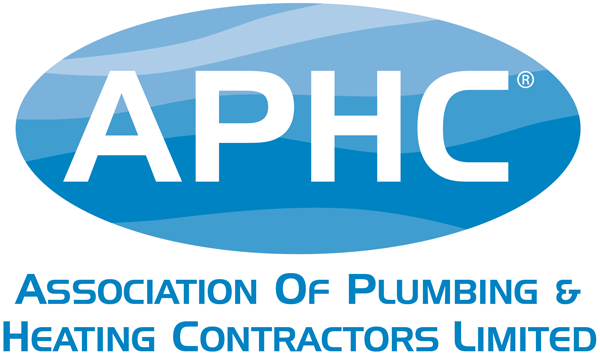As part of a government effort to achieve net zero CO2 emissions by 2050, gas boilers will be replaced by renewable heating systems in all new-build homes from 2025.
In 2019, the CCC (Committee on Climate Change) announced that a third of the UK’s greenhouse gas emissions come from carbon-heavy heating systems. And with an estimated 85% of UK households still using gas and oil boilers, the government have decided to act.
The ‘Future Home Standard’ will take effect in 2025, requiring all new-build homes to adopt lower-carbon heating alternatives.
This roadmap to net zero emissions is central to the growth of infrastructure around decarbonising the UK’s heat supply, and challenges include the creation of new, cost-effective designs of energy infrastructures, and implementation in time for the short deadline of less than four years away.
The most heavily pushed low-carbon alternative to gas boiler heating systems is generally acknowledged to be heat pumps and heat networks powered by renewables. While the installation of heat pumps and hybrid heat pumps is a positive solution, we at APHC maintain it does not solve the problem.
Ultimately, different heating technology solutions are going to be applicable to different property types depending on the age, and profile of the building, and the capacity of energy networks.
The industry has also reacted to the government’s pledge.
A new group formed by over 20 businesses, energy suppliers, green and anti-poverty groups have called for the government to back a ‘Fair Heat Deal’ to ensure a smooth transition from fossil fuel boilers.
The group wants the government to ensure it is affordable for every household to install and run a heat pump, as well as provide free heat pumps for low-income households.
It will now be vital for the government and industry to ensure there is sufficient infrastructure, skills and alternative heating technology in place to facilitate a move away from fossil fuels, particularly natural gas.
At APHC, we want to support government and industry in understanding how this route to net-zero can happen.
Equally, we call on the government not only to be more ambitious on this specific issue, but to show leadership and urgency in bringing about a new co-ordinated approach to the successful decarbonisation of heat overall.
The government needs to come forward with a range of low carbon installation options that can meet the needs of all property types and set the scene for the way ahead. Those options will need to include the application of hydrogen fuel technologies, as it is likely to present the most straightforward solution to replacing natural gas in existing homes.
Things aren’t set in stone yet, and we look forward to hearing further details on how the government chooses to execute its plans.
If your plumbing and heating business is interested in joining APHC and keeping up-to-date with the latest industry developments, then please get in touch on 0121 711 5030, or email membershipsales@aphc.co.uk for further information.



